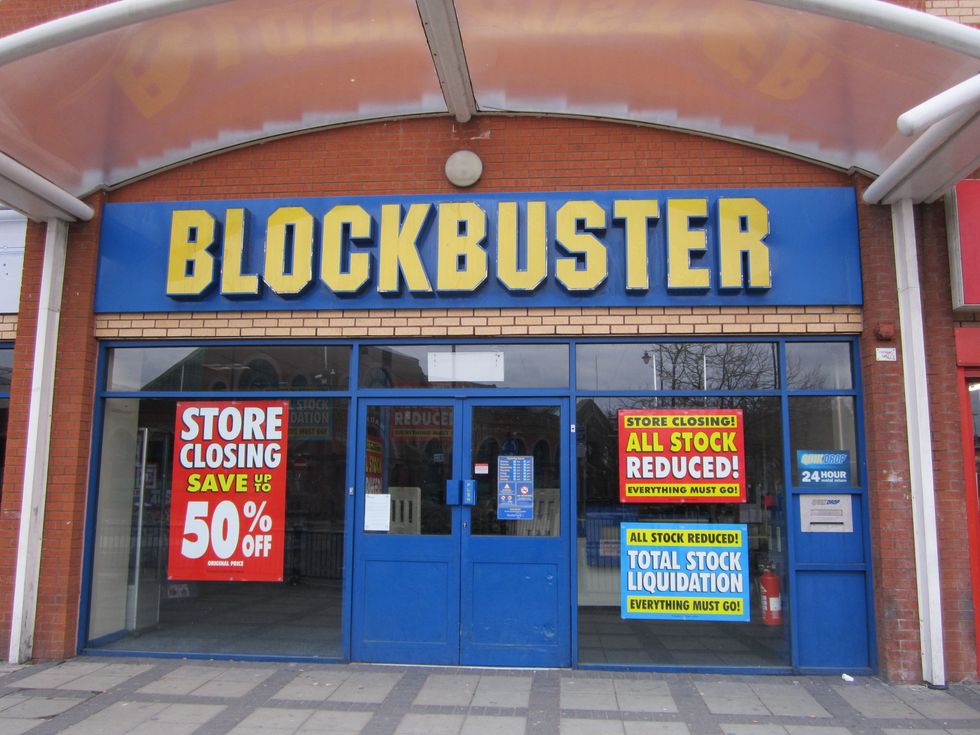The Death Of Cameron Boyce, Or Any Other Celebrity, Has NOTHING To Do With You
It's commonplace for the public to grieve over notable deaths — but when does it go too far?
Inevitably, at some point, we depart our reality. It's the poignant undercurrent of everything.
While life at large is a circle — a profound cycle of life & death in lockstep with eternity — our lives are finite. The shadow of death actually looms larger-than-life on us still here.
With no way of being sure what happens after a person dies we are left with little recourse. Keanu Reeves said it best in an appearance on "The Late Show with Stephen Colbert."
Keanu Reeves - What Happens After We Die?www.youtube.com
Perhaps the most important thing one can do to honor a life is to miss its Earthly existence. We can regret decisions' past. Even celebrate a human's life to amplify their message beyond belief. There are several paths to handling the death of loved ones, and *all* of them pass through grief.
Think of grief like the Atlanta Airport and death a journey — you'll always have a layover in grief.
This past month Disney Star Cameron Boyce tragically passed away in his sleep, in what seems to be a result of SUDEP (Sudden Unexpected Death in Epilepsy). Admittedly, I didn't know much about the young actor, but I knew he was destined for success when I saw him in "Eagle Eye" in the late-oughts.
I had no idea the huge impact he had on so many notable lives. Adam Sandler, of my Sandlerst fame, posted a rare and heartfelt tweet dedicated to Boyce. Hell, even the most respected woman in the world had a somber message to relay.
I was lucky enough to share a few moments with Cameron Boyce—on set, at the White House and on a service project—en… https://t.co/yGzAPU5xt4— Michelle Obama (@Michelle Obama) 1562712286.0
While the realization of how impactful Boyce's death was washing over me, so to did the negative responses. I saw a similar reaction online to rapper Nipsey Hussle's murder earlier this year. Somehow people felt the need to call out others for just now celebrating the life of the recently deceased (I could link a ton of examples in the post but they're too many, it's easier to link them here).
Nip was in the exact converse situation to Boyce, in my perspective. I knew of Nipsey as a solid MC who was adored by LA and revered by most of his contemporaries. In my internet sphere, he was well-known, but to many he was anonymous. My girlfriend admitted she had no clue who he was until he passed. That is a glass-half-empty/full scenario. You could see an artist gaining in popularity postmortem as belated, deserved success ... or too-little-and-far-too-late.
Death makes people uncomfortable and everyone reacts to it differently, and I'm afraid there is a wrong way to handle it. The worst way to talk about the death of a celebrity, or anyone for that matter, is to somehow make it about yourself. It's gross and immoral.
"Don't Forget About Me Today"www.youtube.com
We all know someone who obnoxiously posted about the death of an extended family member they barely had a relationship with for attention. I mean, you may be going through that heart-wrenching process right now. It feels like a personal loss is being used as someone else's victim complex.
Everyone has a celebrity death that leaves a mark. For me, it was Robin Williams. I posted clips on my Instagram from my favorite monologue of his in "Dead Poets Society." I posted a picture of him from the movie "Insomnia" with a quote from "Good Will Hunting." I could see the argument that I was subconsciously reminding people of my existence though our beloved comedy icon who was no longer with us.
This is the monologue. RIP Robin Williams.www.youtube.com
Intentions matter — and my intentions were only ever to highlight the beauty Williams brought into my life and to spread that like wildfire. To post about another human being's death with the intent to shine a light on yourself is a dangerously self-obsessed precedent to allow in our culture. Even if it's an unconscious behavior, we have to un-train our brains. We can no longer accept people using famous deaths as beacons of attention. Furthermore, we must not let shame be our initial reaction to people who are legitimately grieving.
Maybe to understand death we have to make it about ourselves. Afterward, however, we are left with choices. As a society, we can demand from each other that the correct way to talk about death is to actually talk about it — not to let the conversation die while we're busy talking about ourselves.
Follow Alejandro on Twitter and Instagram @AtSignAlejandro or @WhyNautsComedy for more content.



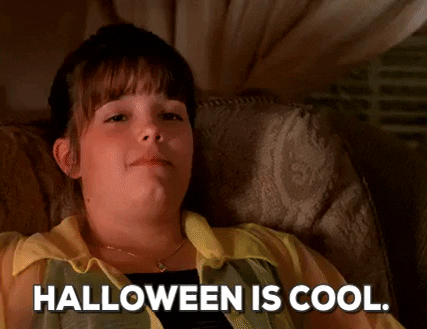
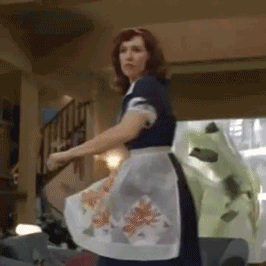
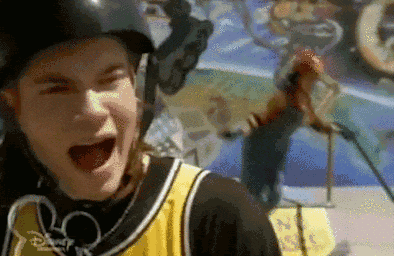
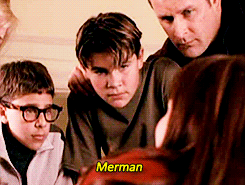
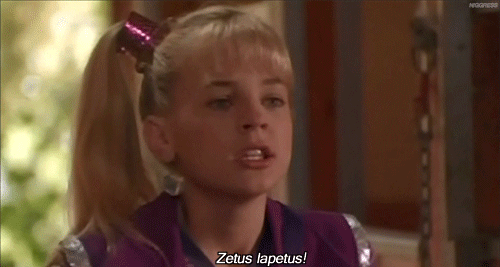
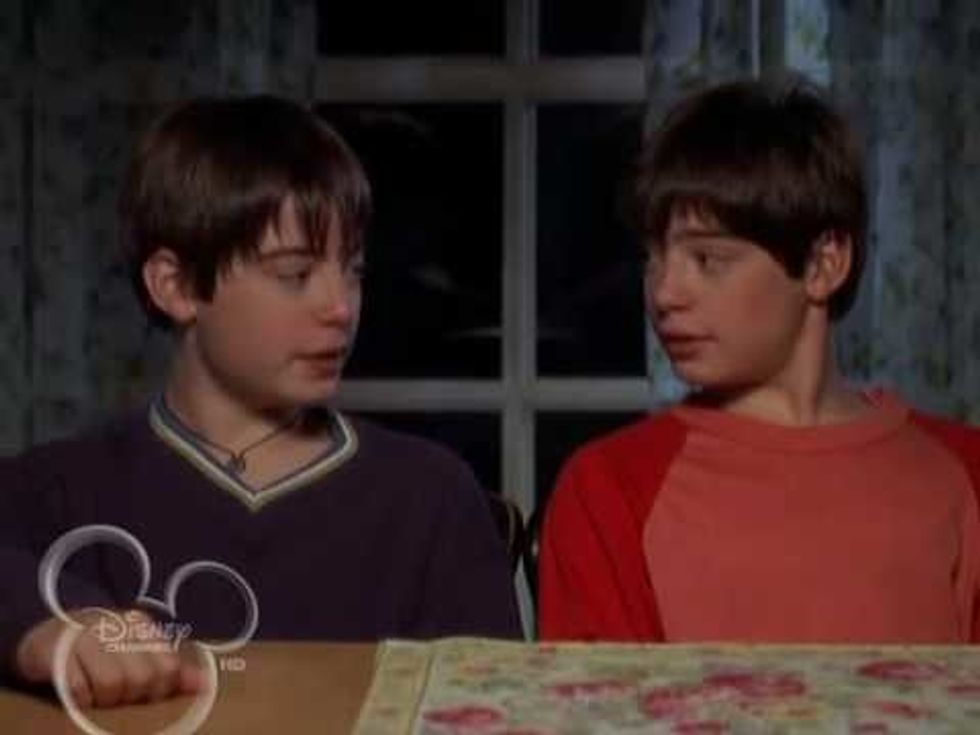
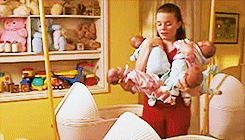
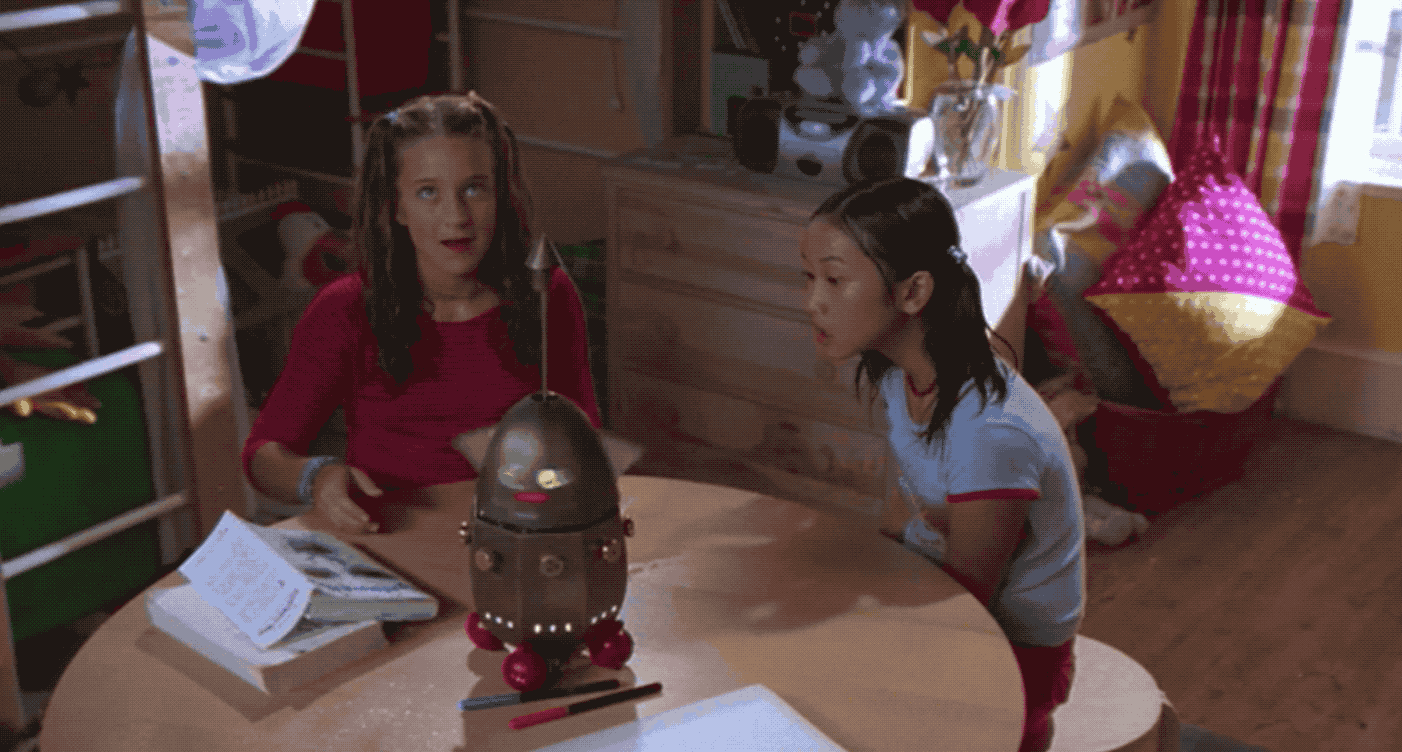
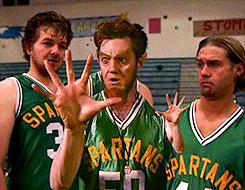
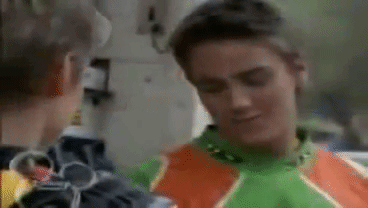

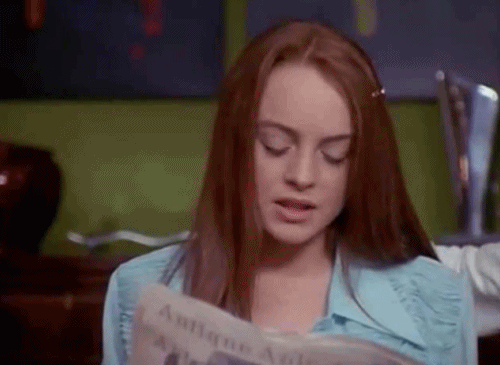
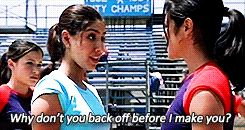
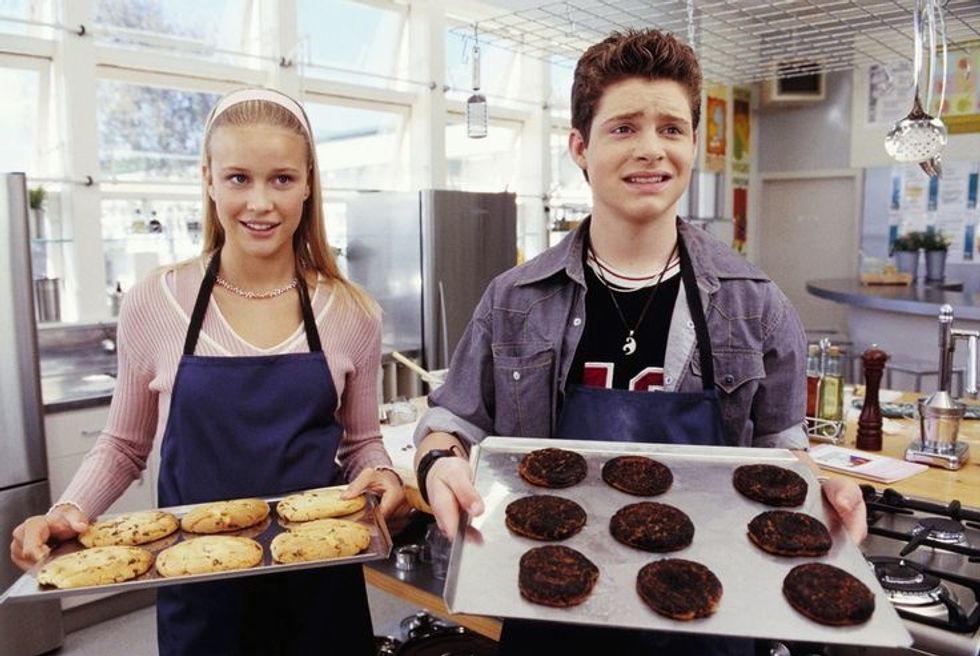
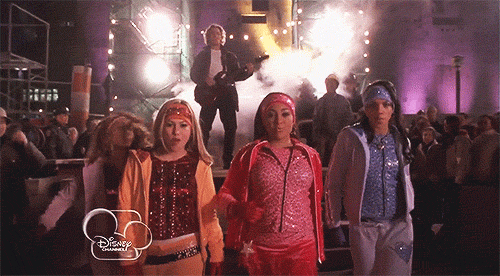
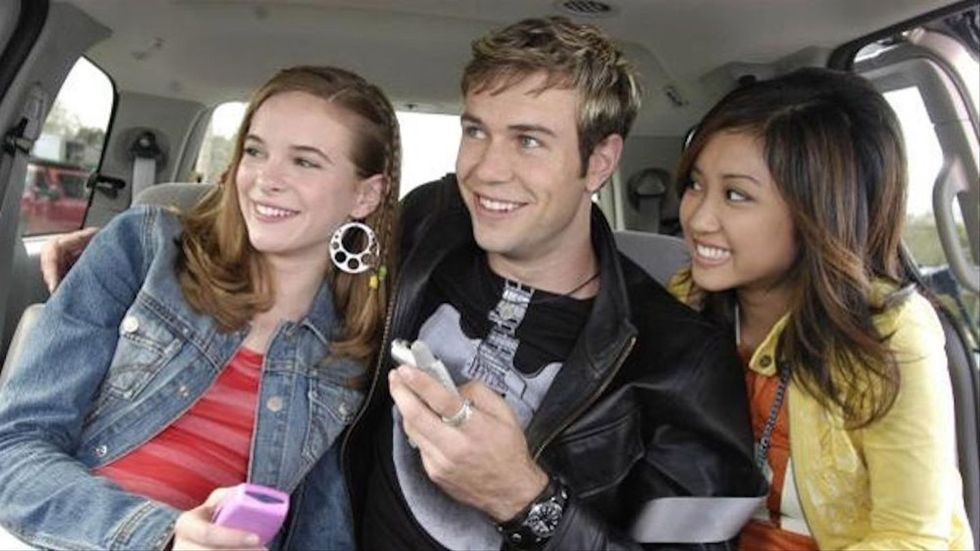
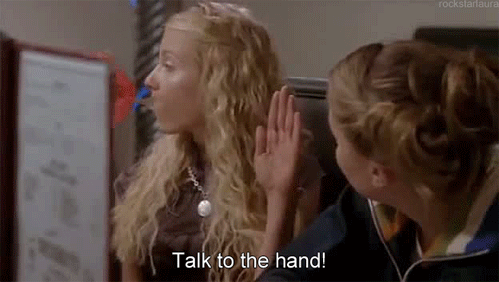

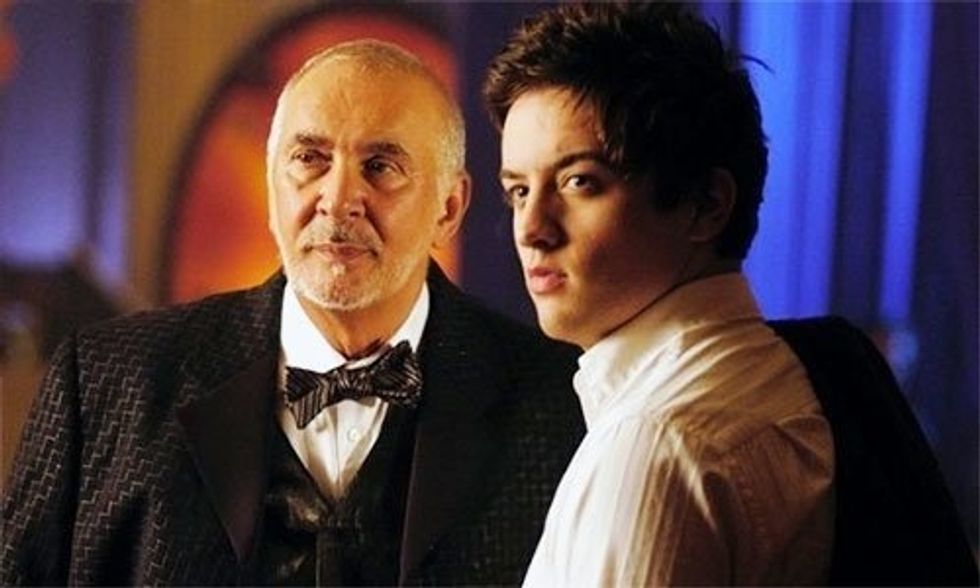
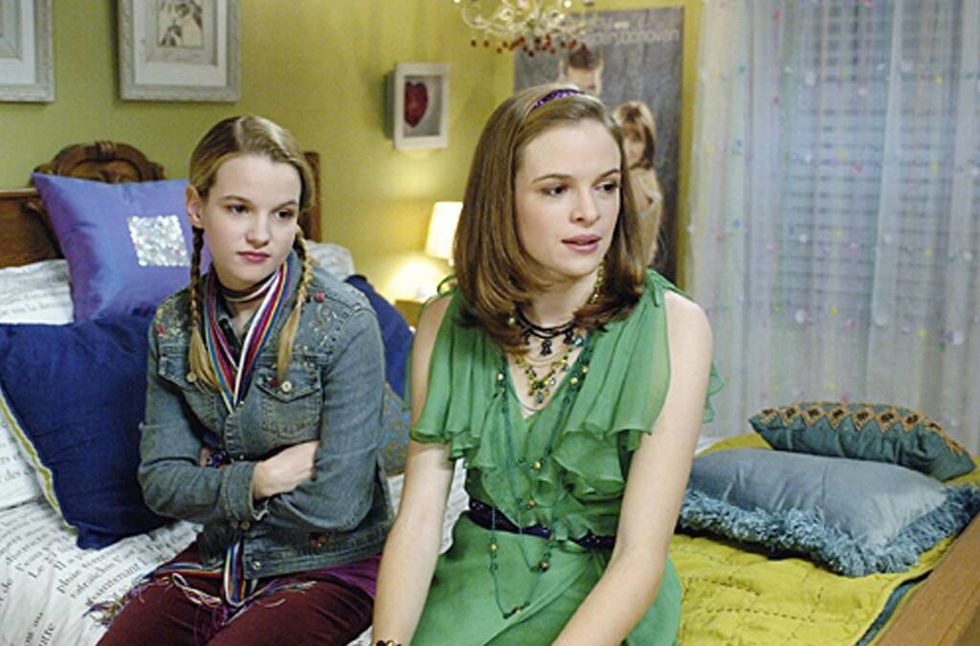
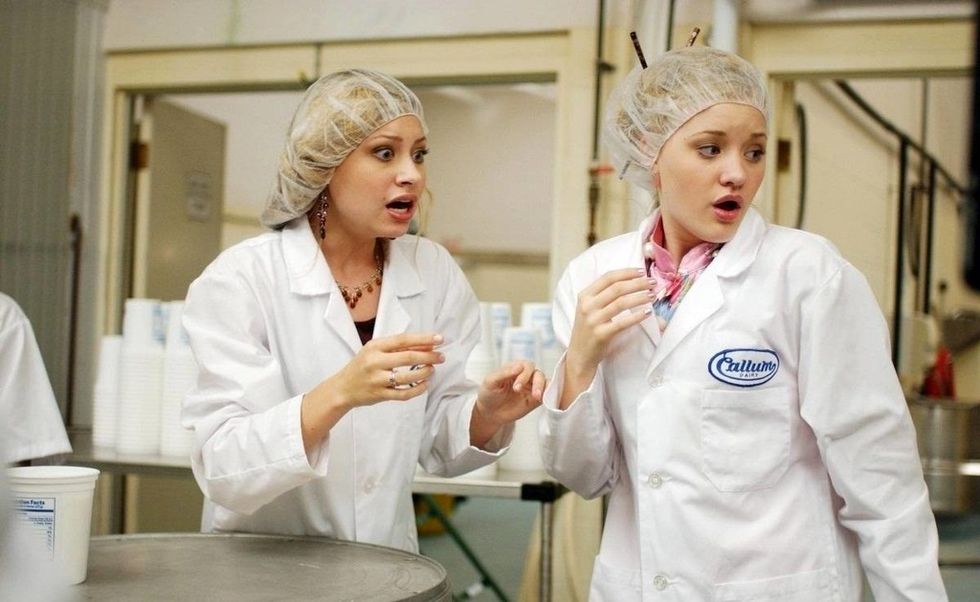


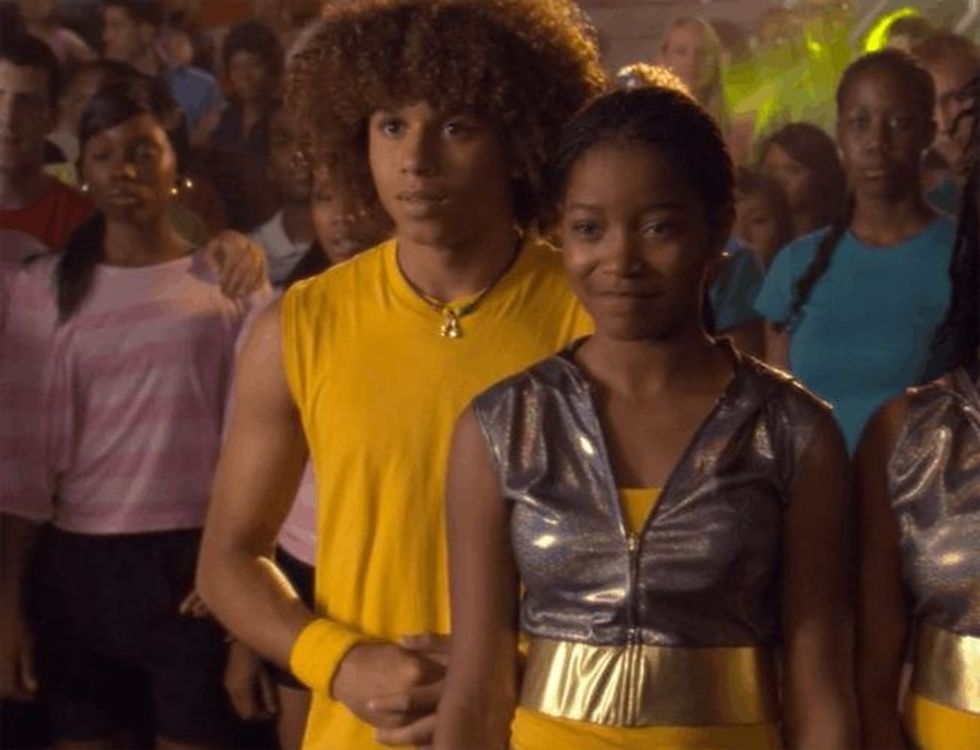

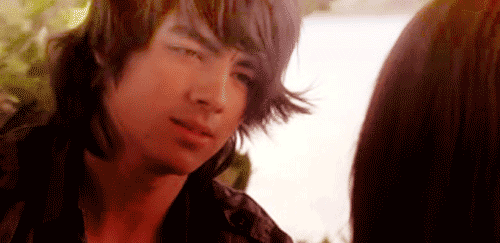
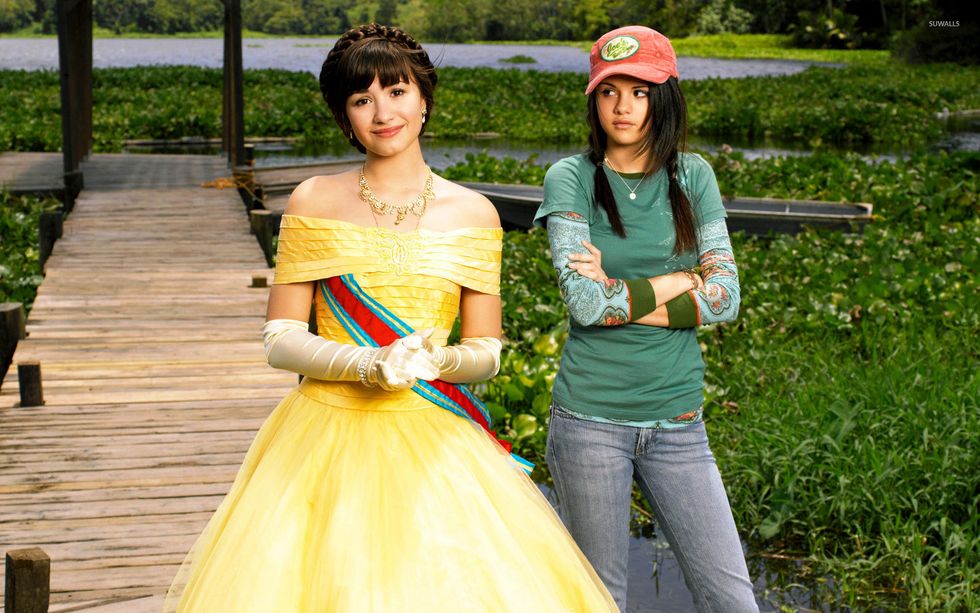
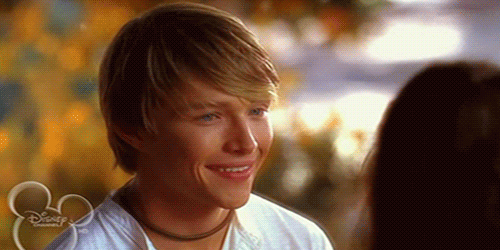
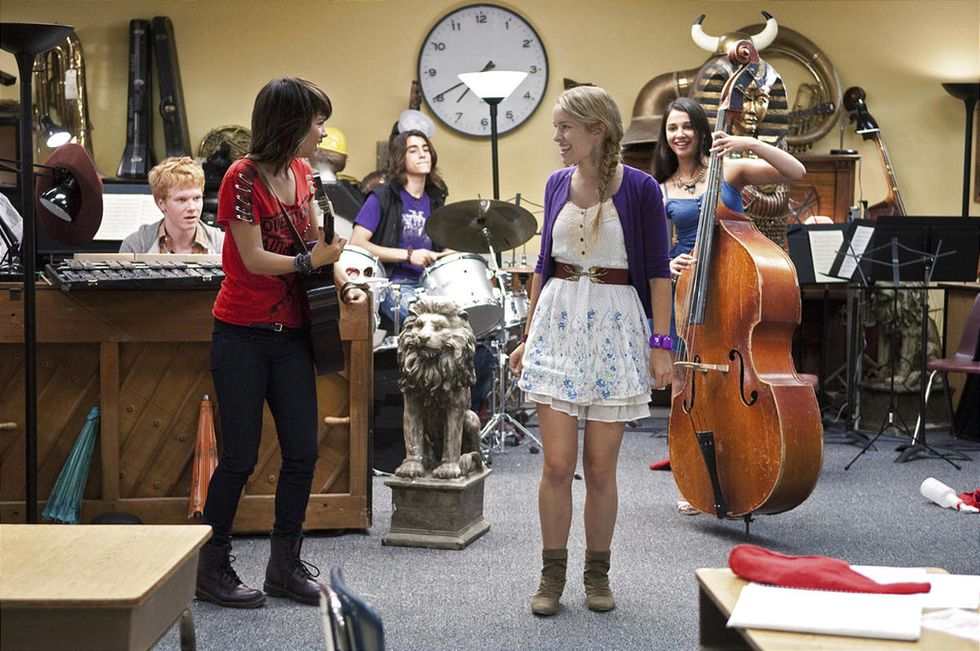
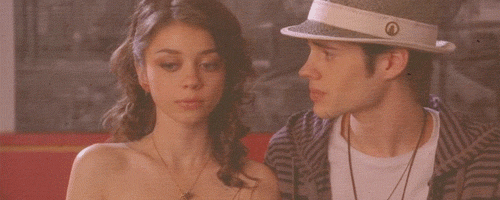


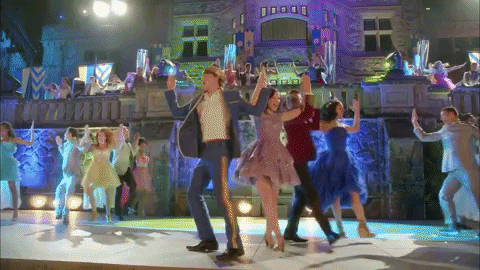

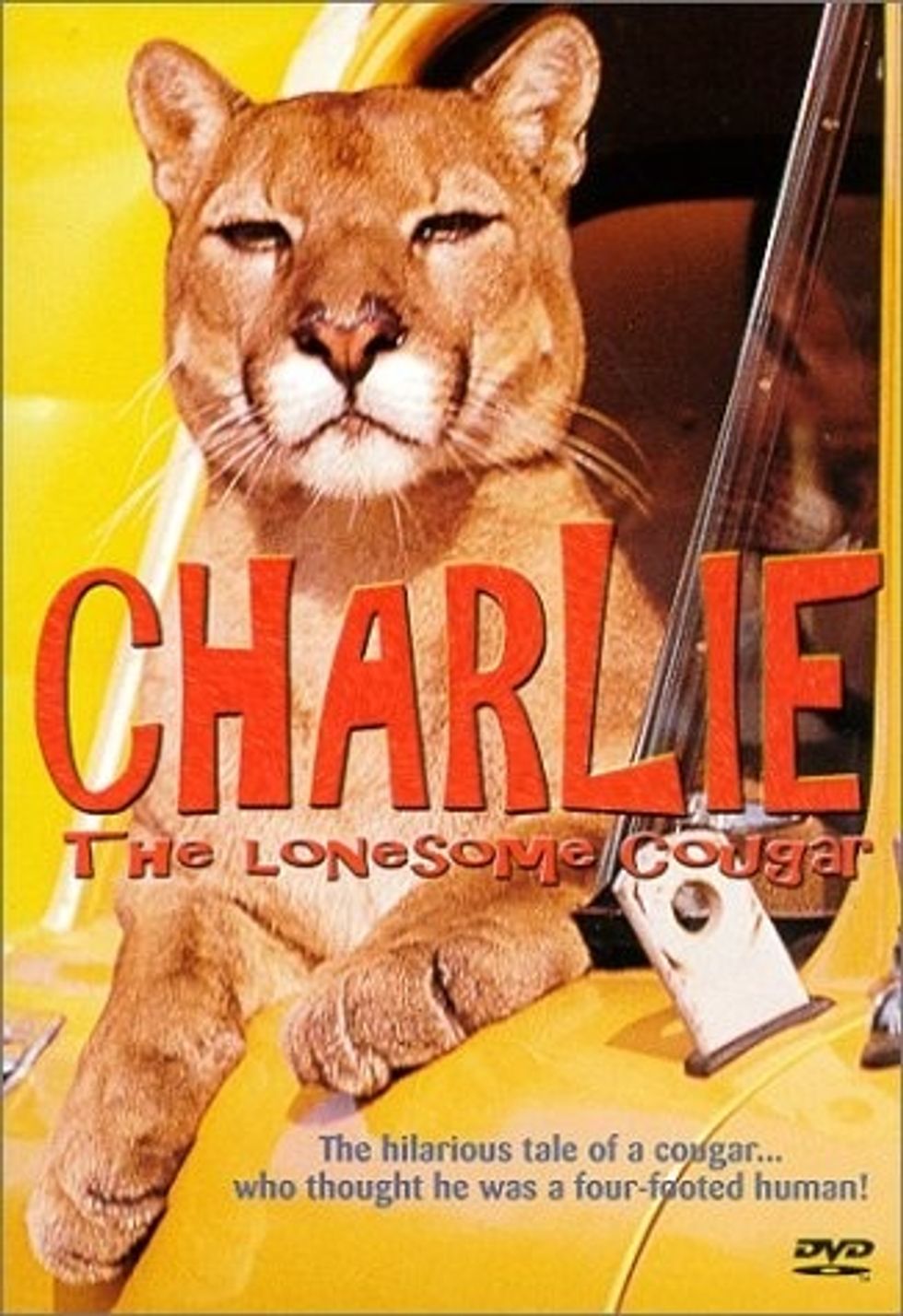
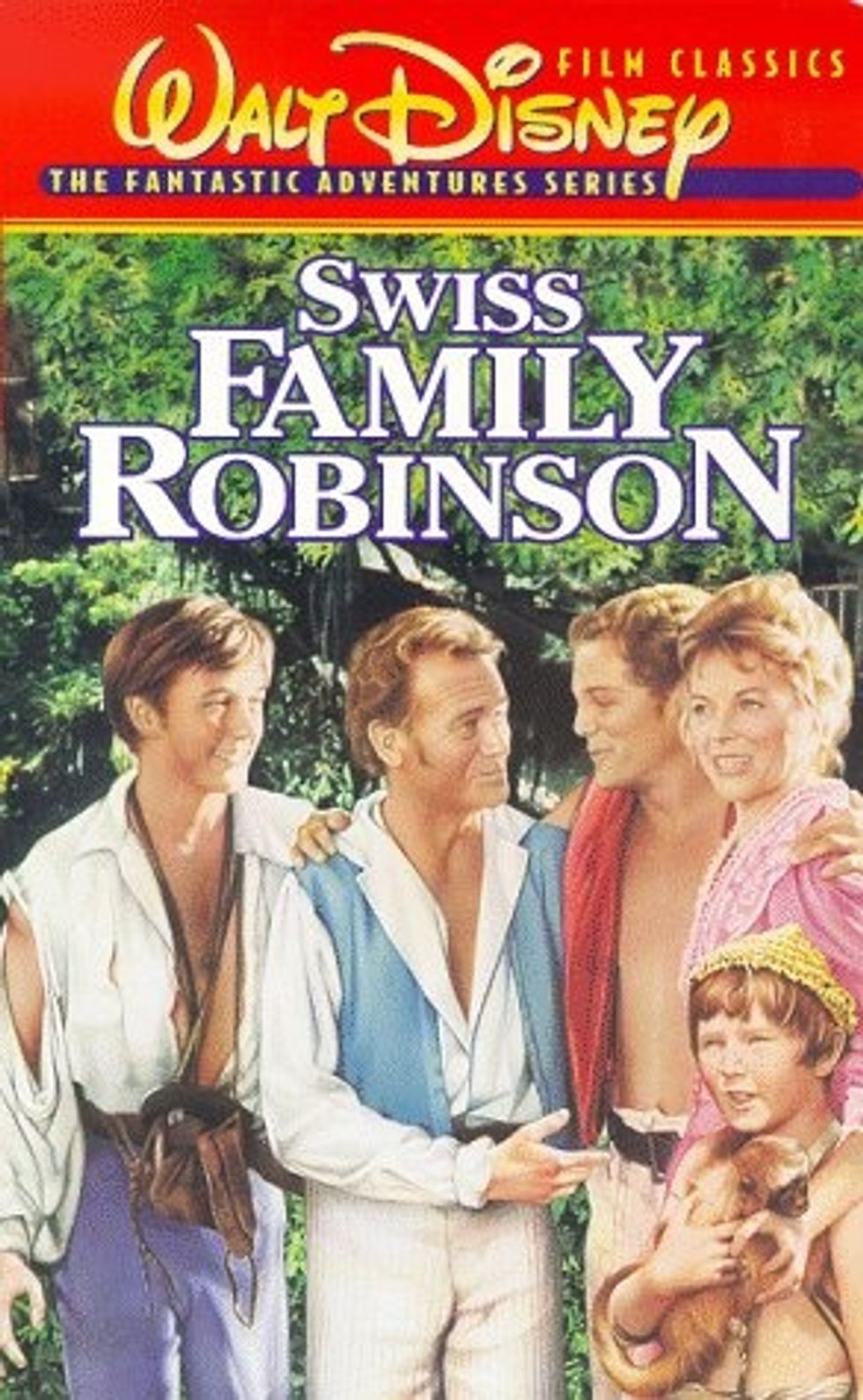
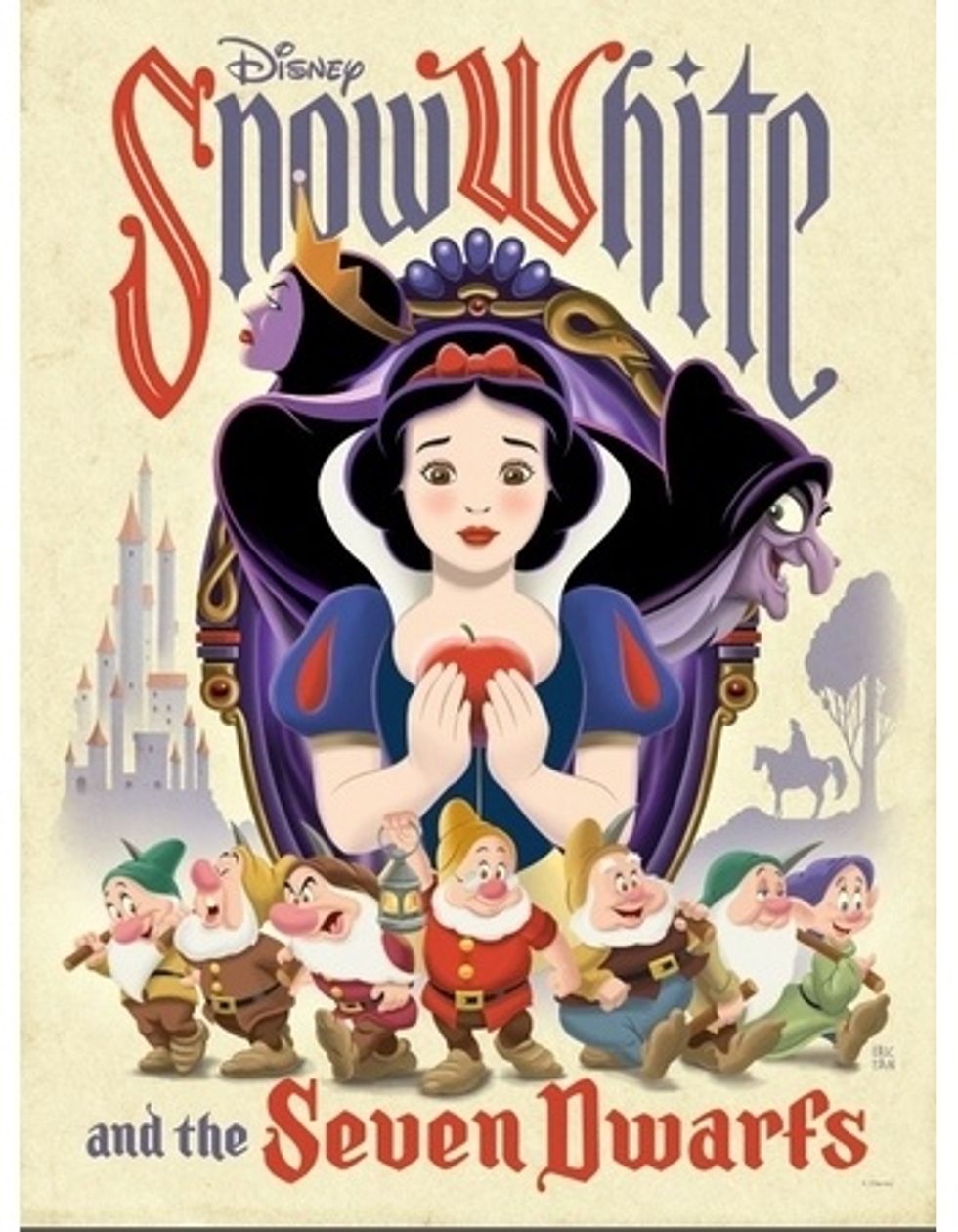

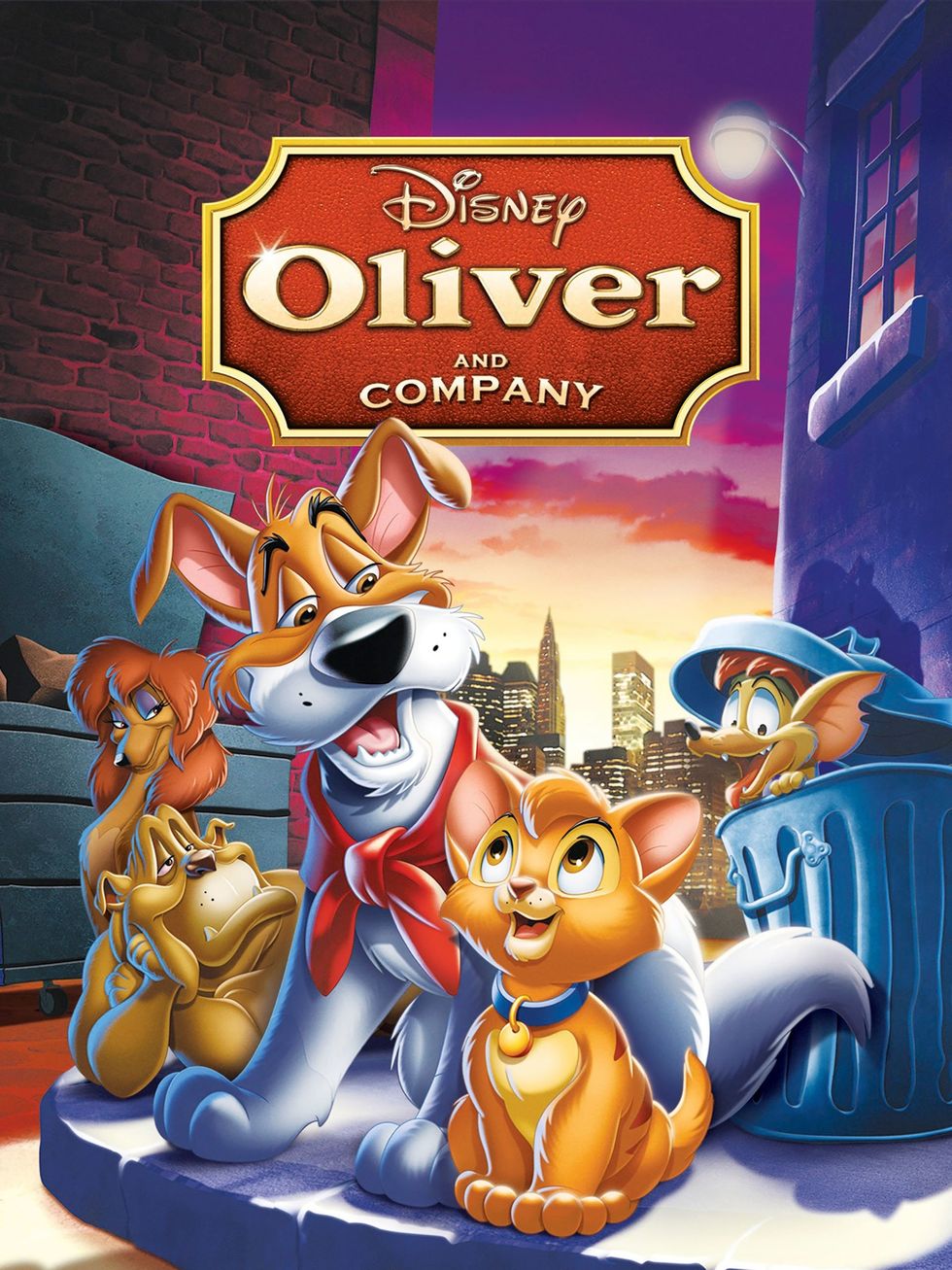
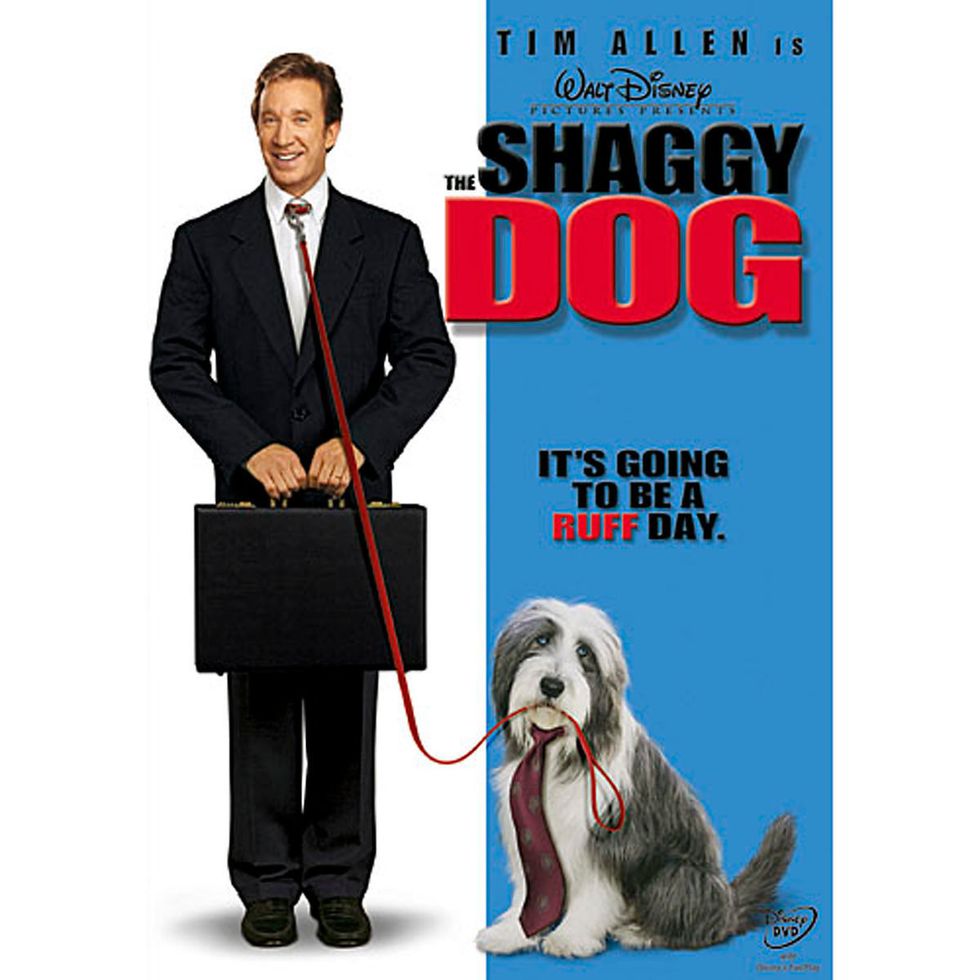


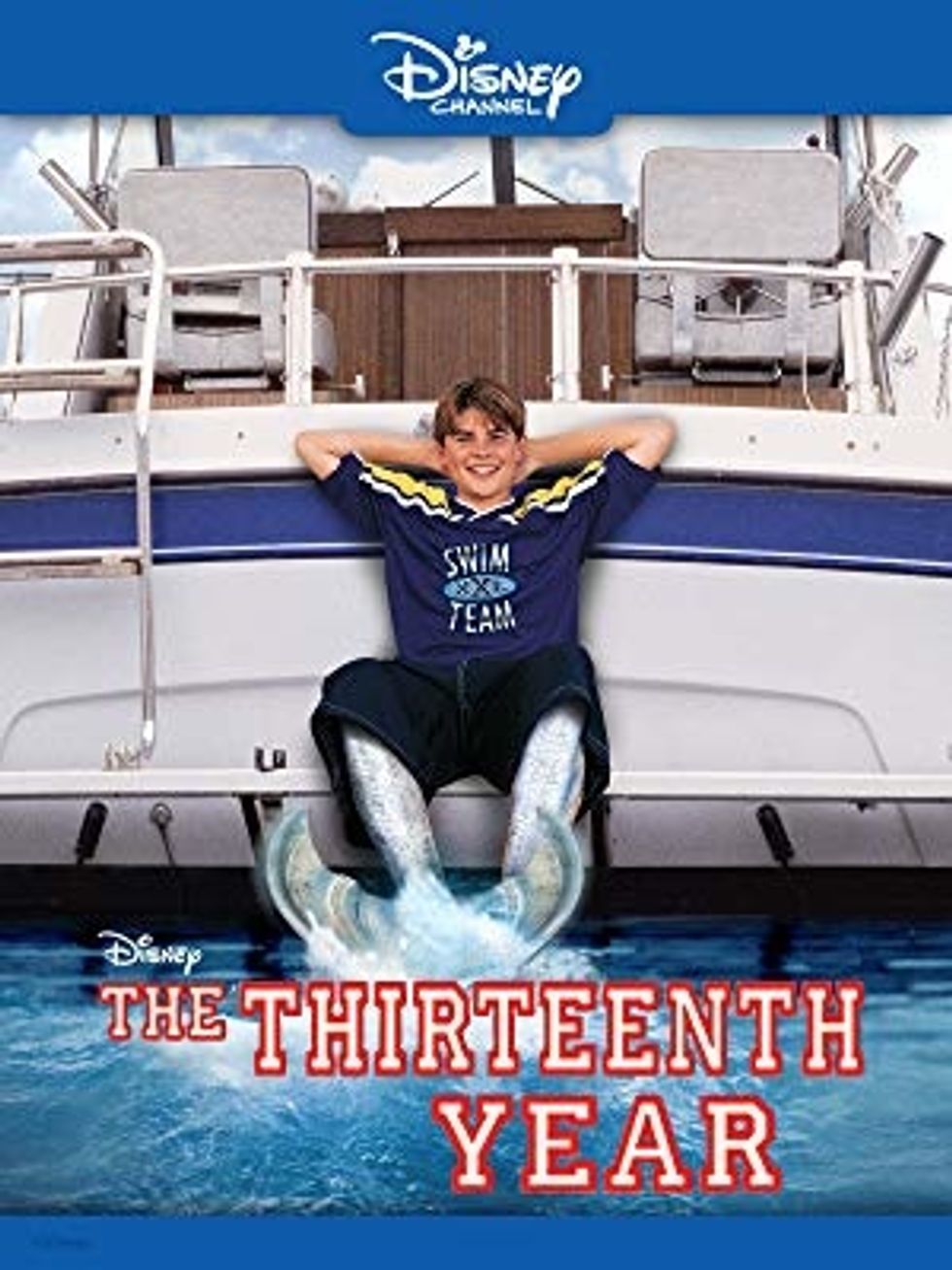
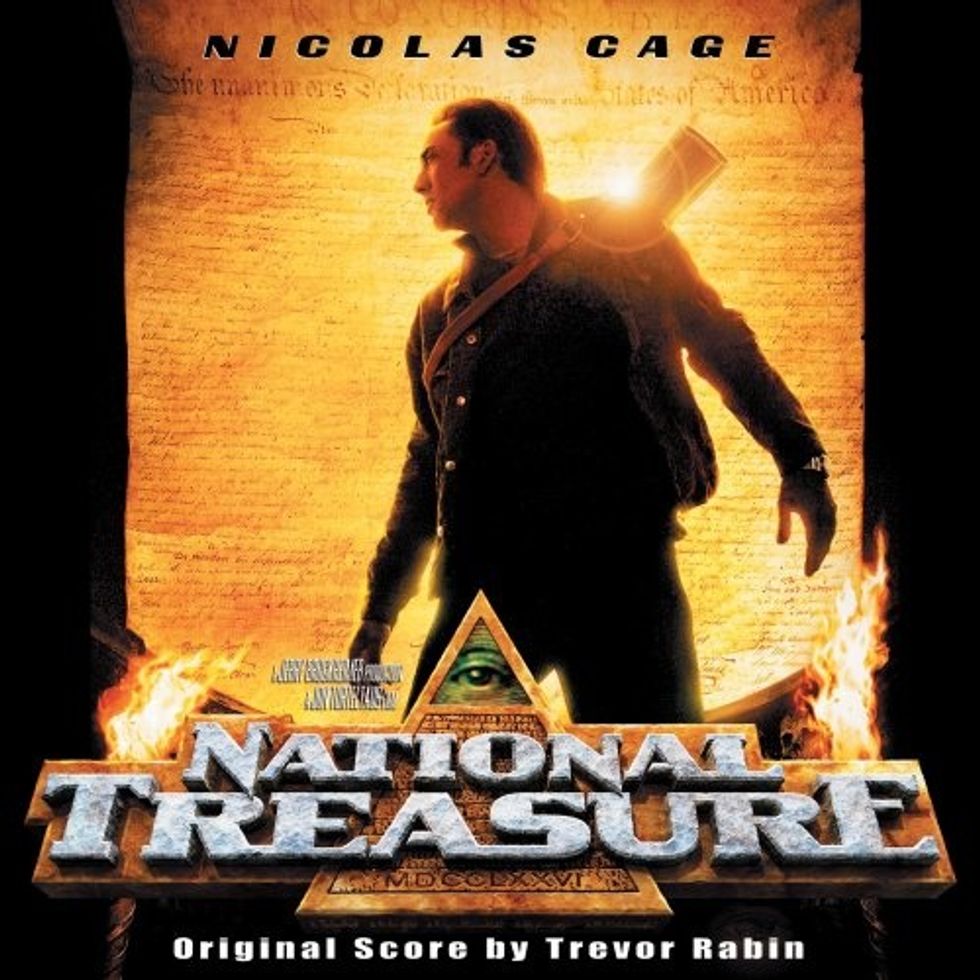




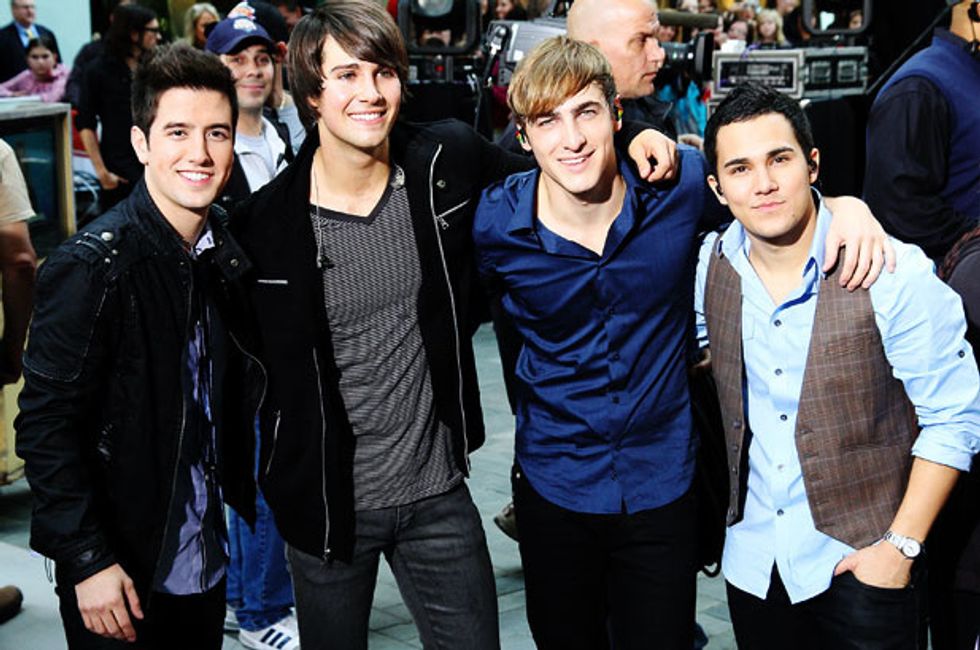

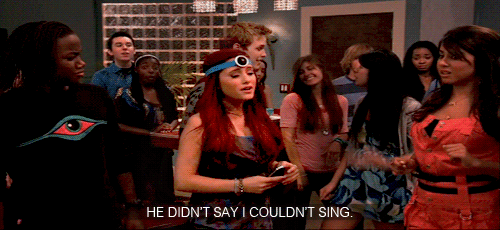
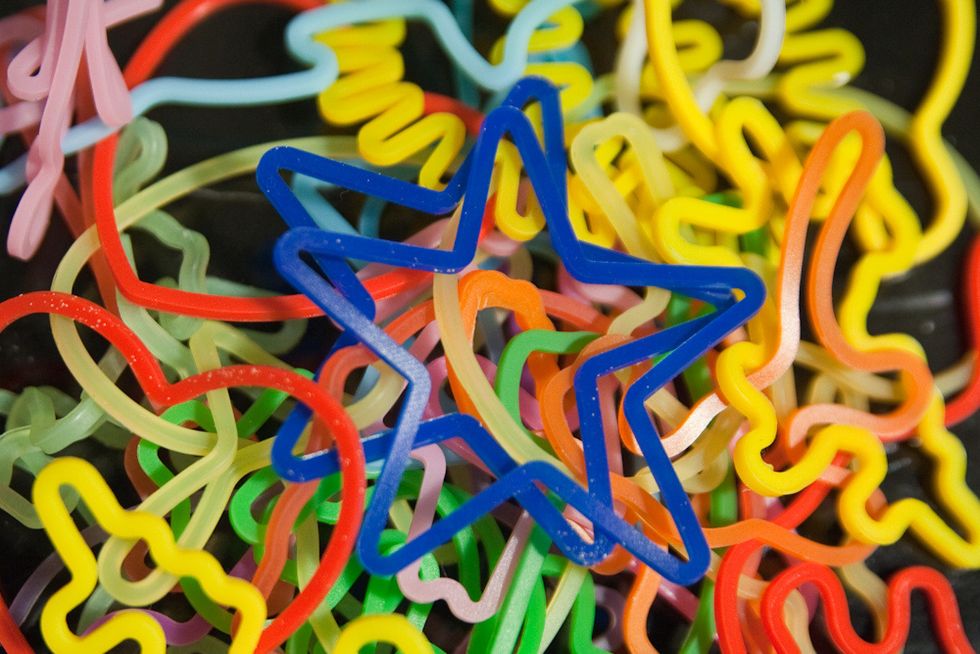
 https://www.pexels.com/photo/3-vhs-tape-on-top-of-table-157543/
https://www.pexels.com/photo/3-vhs-tape-on-top-of-table-157543/


